“Create your own pepeha to celebrate te wiki o te reo movement.”
Given that estimates range between about 4% and 11 % of New Zealanders who can speak what is today claimed as te reo — the Maori language — such obscure phraseology and the constant substitution of largely reinvented, supposedly Maori words to replace English is not only unintelligent: it is basically discourteous.
Already a subscriber? Log in
Subscribe for just $2 a week
Try a month of The Spectator Australia absolutely free and without commitment. Not only that but – if you choose to continue – you’ll pay just $2 a week for your first year.
- Unlimited access to spectator.com.au and app
- The weekly edition on the Spectator Australia app
- Spectator podcasts and newsletters
- Full access to spectator.co.uk
Or

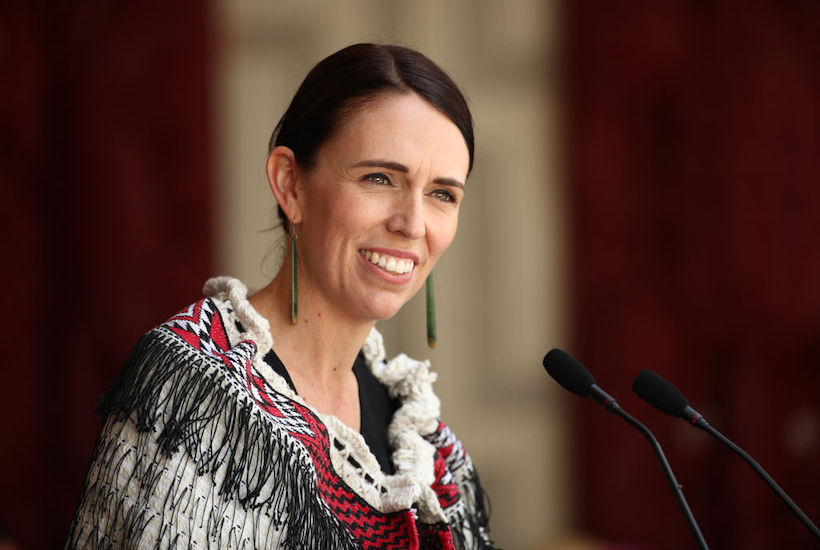
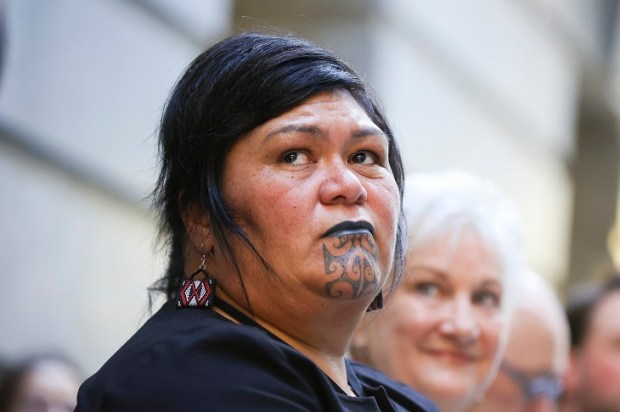

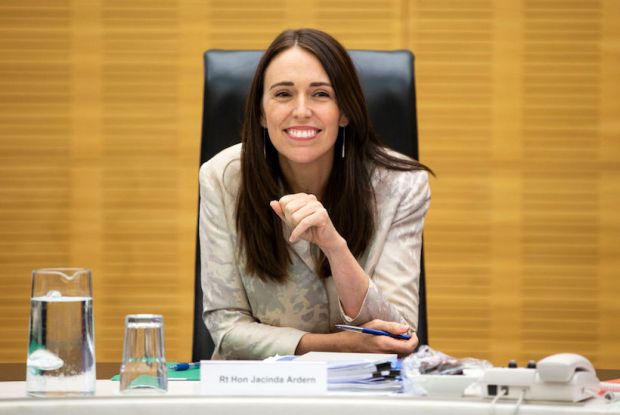

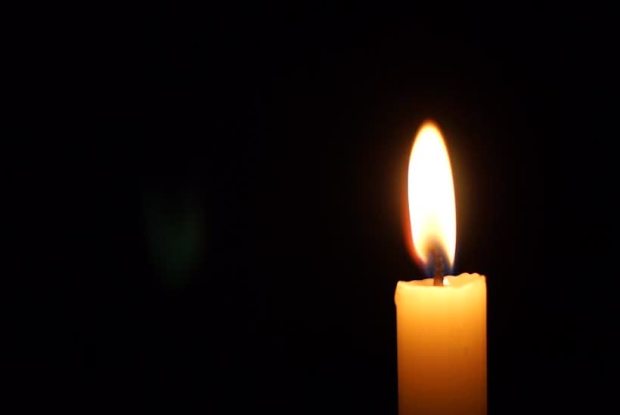
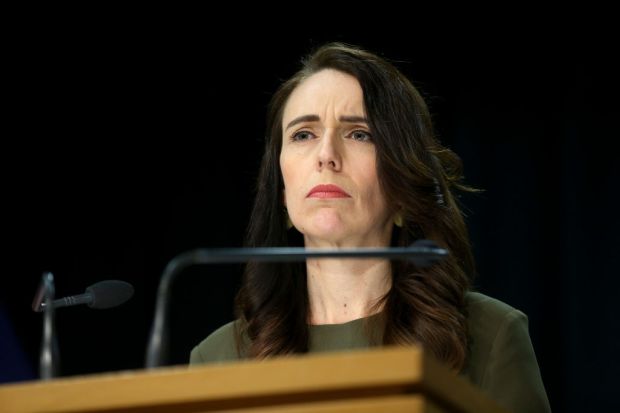


















Comments
Don't miss out
Join the conversation with other Spectator Australia readers. Subscribe to leave a comment.
SUBSCRIBEAlready a subscriber? Log in